Behind the microphone during the MobilityData Workshop in Paris, Maxime Siret, who works at the French Ministry of Transport, embodies a mission that is both technical and deeply connected to citizens’ everyday mobility. As the Product Manager of the French National Access Point (NAP) for transport data, Maxime Siret and his team play a pivotal role in shaping the future of mobility across France.
Their core task? Acting as a bridge, connecting data producers (public transit operators, shared mobility providers, bike networks, EV stations) with data users (researchers, startups, multinational journey planners, and even students). The mission is to ensure open, harmonized, and high-quality mobility data that fuels digital services and public innovation.
“We are trying to ease the access and use of data in an open way to facilitate innovation and positively impact mobility for everyone,” says Siret.
The Challenge: Making Every Mobility Option Visible to Citizens
Cities have never offered so many transportation possibilities — buses, metros, bikes, scooters, taxis, shared cars… Yet, paradoxically, not all these options are visible or discoverable in journey apps.
Maxime Siret sees this fragmentation as one of today’s key mobility challenges. If a traveler cannot find the nearest mobility service, that service may as well not exist. Ensuring universal visibility requires strong cooperation, transparency in operations, and crucially, standards.
Why Standards Matter: Avoiding Digital Chaos
Without common data formats, mobility platforms become incompatible silos. Maxime emphasizes that standardization is not optional but foundational.
“If there is no standard, then there is no harmonisation. And without harmonization, we generate chaos.”
To illustrate, he compares data to language: if every operator invents a new, private way of structuring information, no system can understand another. Among the many standards in circulation, GTFS for public transit and GBFS for micromobility stand out as global pillars. Their success lies in simplicity: easy to create, easy to integrate, and highly tailored to real-world journey planning needs. Even in Europe, where regulation is evolving rapidly, Siret argues that these community-driven formats must remain at the center: “They are built by design to solve specific mobility problems. Replacing them would make things needlessly complex.”
Building a Strong Data Community: The Role of MobilityData
One organization plays a particularly influential role in enabling global cooperation: MobilityData, the international nonprofit behind GTFS and GBFS governance. To Siret, their value is clear: MobilityData “keeps the community alive”, ensuring experts collaborate instead of working in isolation.
It is through such community structures that improvements to standards can be proposed, debated, voted on, and deployed globally. In Europe especially, he sees MobilityData as a unifying force capable of reducing fragmentation among national experts. Events facilitated by MobilityData, such as recent gatherings in Paris and Montréal have accelerated France’s ability to partner with major route-planning companies, unlocking faster progress on national projects.
“Without this ecosystem, access to key partners would be far more complicated,” he notes. The French Ministry of Transport has therefore made its membership a strategic priority.
A Personal Touch: Freedom on Two Wheels
Beyond standards and data platforms, Siret’s relationship with mobility is also personal. When asked about his favorite way to travel, he doesn’t hesitate: “The bike. It’s freedom.”
Cycling, he explains, allows him to stay active, stay outdoors, and feel connected to the city, whether commuting to the office or exploring on weekends. It is a refreshing reminder that behind every framework and dataset lies a simple purpose: giving people better ways to move.
Data as the Foundation of Tomorrow’s Mobility
Siret’s work highlights a future where every bike station, bus stop, and shared scooter is digitally accessible, empowering both individuals and the businesses that serve them. Data is not merely technical infrastructure, it is the fabric that enables efficient, sustainable transportation systems. And thanks to people like Maxime Siret and communities like MobilityData, the journey toward fully integrated mobility is accelerating across France and beyond.

